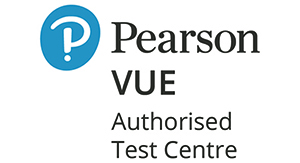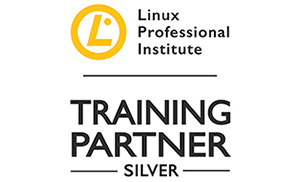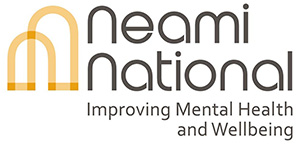Many IT professionals would be working in their profiles with many years of experience without any proper guidance. This would result in following processes and procedures that suits best for their organisation. But having a guideline on how things can be improved using few best practices is really advantageous.
IT companies use a lot of technologies for their products, but their main goal and aim is to manage that technology effectively to provide excellent services to their customers. ITIL fits these needs successfully, as it is a set of processes on how to manage the services effectively for the benefit of both the business and the customer. It has become foundation knowledge for every person in spite of any role or job that they perform in their company. Knowledge about service management and delivery has become essential for success of any project. Many companies even would mention ITIL certification as mandatory for their job profiles.
ITIL uses many best practices which can be implemented in any area irrespective of the technology used by the company. It is very versatile and flexible and can be adapted by any organisation to suit their needs. If ITIL is implemented effectively in an organisation, we can definitely see the benefits. There has been research stating that many international companies have benefitted by using the ITIL framework.
In an ever changing market, organisations need to adapt faster and keep up with the market competition. ITIL provides a better way to do that and also provides improvement in quality of services.
ITIL foundation has been considered as a mandatory knowledge for all IT professionals including project managers. ITIL service lifecycle deals with different aspects of service strategy, service design, service operation and service transition, which are all the major aspects of any project lifecycle.
Studying ITIL ensures that a professional is aware of the different stages involved in an IT lifecycle and what are the best practices to follow for increasing the productivity, reducing the cost and improving the quality of the service.
There are different levels in ITIL certifications such as Foundation level, Intermediate level, Management level, Expert level and Master level. Based on the job profile, one can pursue the different levels of certifications. The Foundation level provides you with basic insights into Lifecycle and the processes involved.
Listed below are few benefits of studying ITIL:
- Globally recognized certification: ITIL is globally recognized certification and hence helps in career growth.
- Common terminology: Many organisations might be using the ITIL processes but may not use the correct terminology. ITIL provides them with a common baseline for using same terminology which is beneficial for all.
- Increase in productivity: ITIL describes many best practices and implementing them in the job would increase the productivity of the individual and of the company.
- Increased Customer satisfaction: By following the practices suggested in ITIL, one can effectively improve the quality of service provided to the customer and knowledge on the processes provides better customer satisfaction.
Service providers that use ITIL processes and practices would have a competitive edge as people understand the processes and models provided by ITIL to effectively implement in their project. Managing the technology effectively to deliver the desired results to customer has become increasingly important for all the organisations to provide that extra edge to stand out from other service providers.
Most of the companies realize that a good service delivery and management is utmost necessary for building trust with the customer and hence are ready to adopt the best practices for the same. ITIL has become extremely popular and organisations are finding it easy to mould it accordingly to their needs.
Logitrain delivers the best ITIL Training Courses, for more information please visit www.logitrain.com.au or call 1800 159 151.





































































